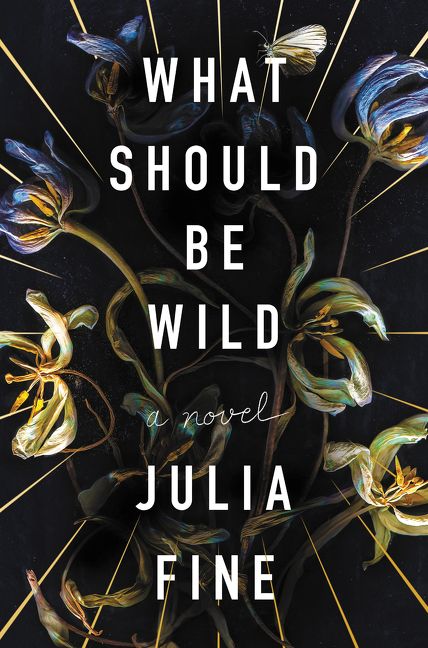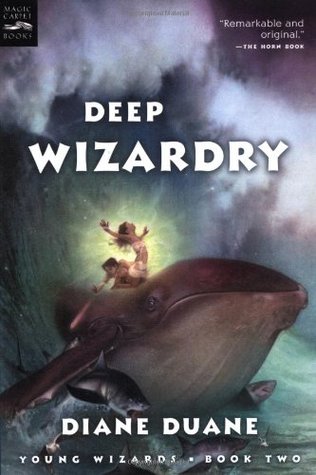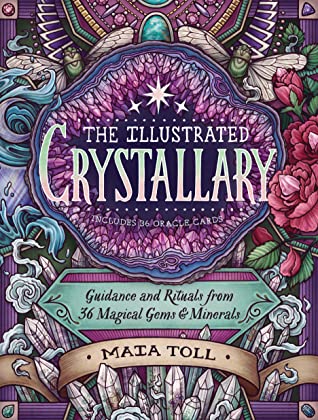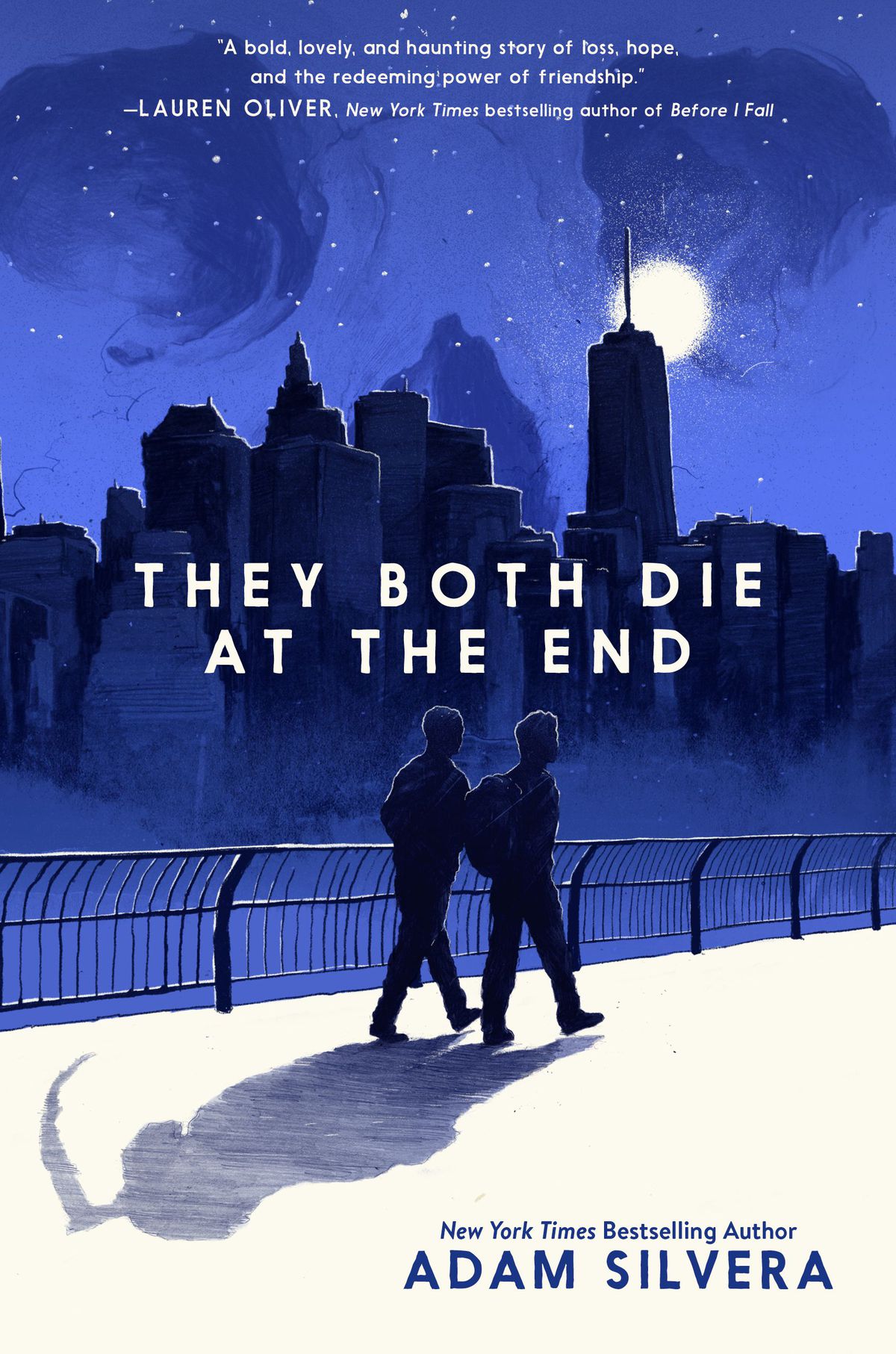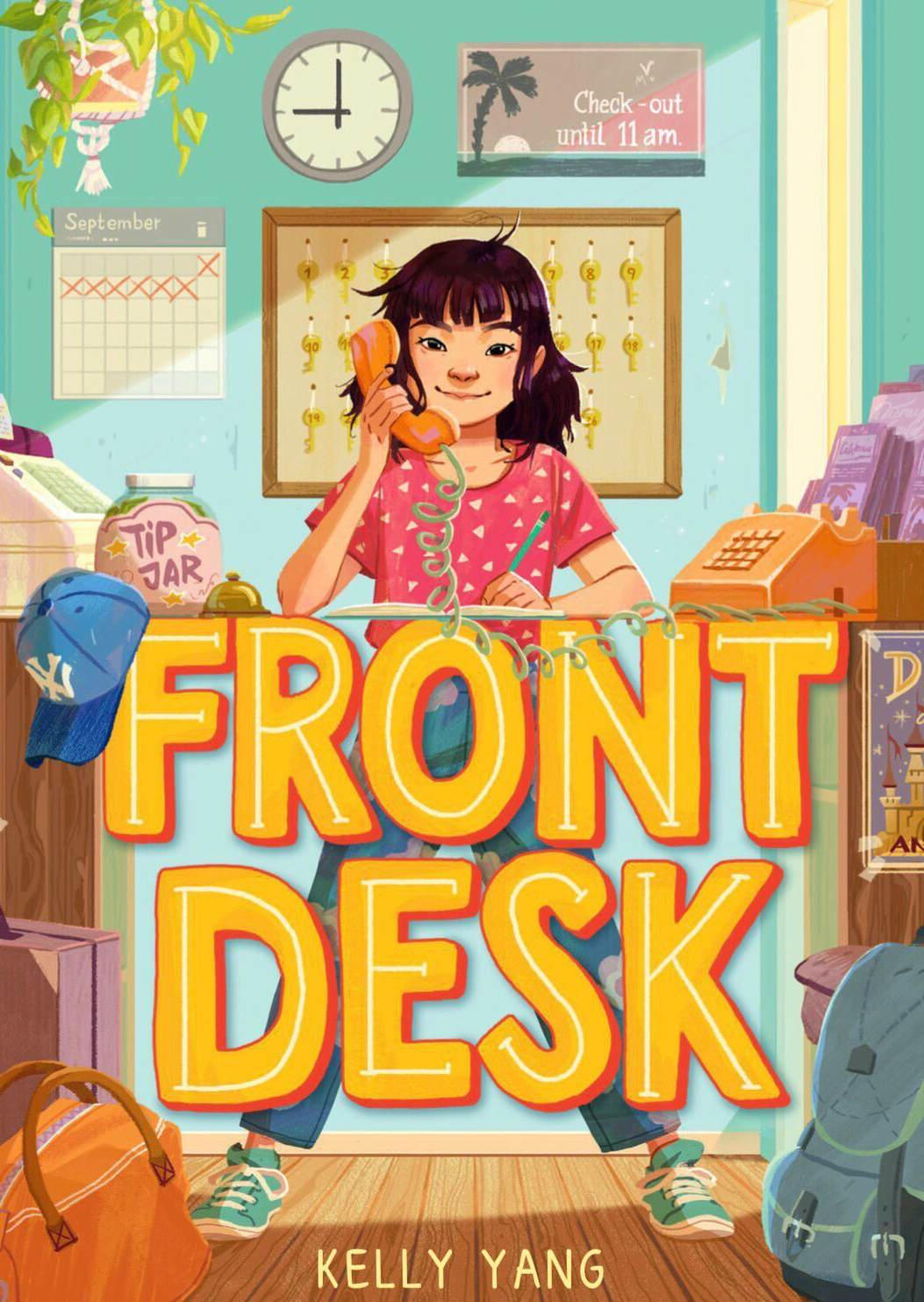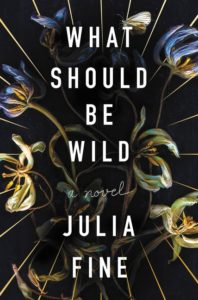
Maisie Cothay was born with the power of death – everything she touches dies instantly. Such power makes for an isolated childhood, though her gift could just as fairly be called the power of life; if what she touches is already dead, it comes back to life. As Maisie grows into womanhood, she learns that she is only the latest in a family line of women deemed unfit for society, and when her father disappears, she’s forced to come face to face with both her family legacy and her own power.
I really thought there was no way I wouldn’t like this book, which touts itself as a kind of feminist Pushing Daisies fairy tale. Unfortunately, there was almost nothing about this book that worked for me. To me, it felt as if the author had long nursed a vibrant kernel of an idea: a vision of seven women, badly behaved by society’s standards, trapped in a cursed wood. These women and their backstories are the best part of the book – I enjoyed reading about how each of them came to be trapped in the forest outside Maisie’s ancestral home. But that was about all I enjoyed; other than these chapters, it felt like the author had spent a long time trying to figure out how to bring her story kernel into being and never really managed it.
I don’t want to go on a long tirade about What Should Be Wild, as I don’t feel that would be fair to the book or author. So instead I’ll just point out a couple of things that I particularly objected to. My main criticism is that none of the characters really work as characters. The author, Julia Fine, gives us nothing about Maisie that would make us like or sympathize with her. She has a remarkable power, but essentially no personality. I could never really bring myself to care about what she was doing or what happened to her. It was also unclear to me why Maisie is 16 in What Should Be Wild, an adult book. Of course, there’s no reason teenagers can’t feature in novels for adults, but there wasn’t really a very good reason for her to be so young.
The character problem extended to the book’s supporting cast as well. Her father seems like a controlling, secretive jerk – why do we care that he is missing again? Her companion on her search, Matthew, is devoted to helping Maisie after knowing her for five minutes… why? Especially since he is at least four to five years older than her? When a rival for Maisie’s interest is introduced, Rafe, Maisie becomes infatuated with him… for no good reason? The reader, like Matthew, knows immediately that he is not to be trusted, but that doesn’t seem to stop Maisie from doing so. Ultimately, Fine doesn’t make us care about these characters, who also don’t seem to care about each other.
The last thing I’ll mention is that the plotting/backstory/resolution of What Should Be Wild never comes together in a satisfying way. The explanations for why these women are in the wood, what’s up with Maisie’s weird power, and what happens to all of them at the novel’s conclusion are lackluster and explained away in a matter of a few short sentences. It didn’t feel like there was a reason for any of this to have happened. Maybe this could have been a good short story, but as a novel, it just didn’t work. Fine is a debut novelist, and I got the feeling that this particular story was overworked. Perhaps the lively imagination she clearly possesses will be better displayed in a subsequent effort.
A copy of this book was provided by the publisher, HarperCollins, for review.

